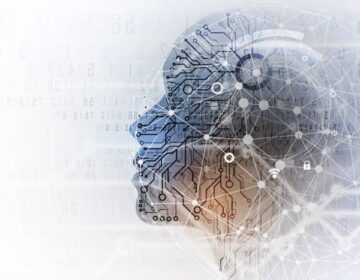Psychology experts have concerns about the potential impact of AI on the human mind.
Researchers at Stanford University recently tested some of the more popular AI tools.
Companies like OpenAI and Character.ai, to see how they performed at simulating therapy.
These tools were not just unhelpful — they failed to recognize that they were actually helping the person plan their own death.
“AI systems are being used as companions, thought partners, confidants, coaches, and therapists.
AI is becoming increasingly ingrained in people’s lives and is being deployed in scientific research across areas as wide-ranging as cancer and climate change.
There is also debate about whether it could ultimately pose an existential threat to humanity.
A major question that remains is how it will begin to affect the human mind.

People regularly interacting with AI is such a new phenomena that there has not been enough time for scientists to thoroughly study how it might be affecting human psychology.
Psychology experts, however, have many concerns about its potential impact.
Some users have been banned from an AI-focused subreddit recently because they have started to believe that AI is god-like or that it is making them god-like.
Because the developers of these AI tools want people to enjoy using them and continue to use them.
They’ve been programmed in a way that makes them tend to agree with the user.
While these tools might correct some factual mistakes the user might make, they try to present as friendly and affirming.
This can be problematic if the person using the tool is spiralling or going down a rabbit hole.
“It can fuel thoughts that are not accurate or not based in reality,” says Regan Gurung, social psychologist at Oregon State University.
“The problem with AI ,these large language models that are mirroring human talk is that they’re reinforcing.
They give people what the programme thinks should follow next. That’s where it gets problematic.”







